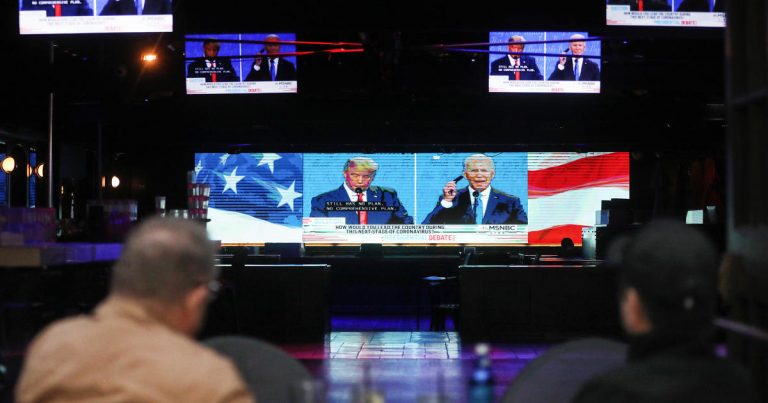Trump announces new policy to not tax overtime pay in Arizona.
Former president Donald Trump recently made a bold promise to the American people – if re-elected for a second term, he plans to eliminate income taxes on overtime pay. This announcement came during a speech on the economy in Tucson, Arizona, where Trump unveiled his new policy aimed at giving workers more incentive to put in extra hours. Under this proposal, any overtime hours worked beyond the standard 40-hour workweek would be completely tax-free.
However, it’s important to note that any changes to the U.S. tax code require approval from Congress. In 2025, lawmakers will have the opportunity to rewrite the country’s tax laws, particularly when Trump’s 2017 tax laws are set to expire. Alongside the plan to exempt overtime pay from taxes, Trump also introduced other proposed tax policies, such as eliminating taxes on tips and suggesting that seniors should not pay taxes on social security benefits. These policies are primarily targeted at hourly wage workers, a demographic that both presidential candidates are currently focusing on attracting.
According to estimates from the Tax Foundation, an independent tax policy research organization, Trump’s proposal to eliminate income taxes on overtime pay could cost $227 billion over the next decade. Should this policy be put into effect, it may result in a shift from classifying workers as salaried and exempt from overtime to categorizing them as hourly workers, leading to potential impacts on the labor market and wage structure.
Despite the ambitious nature of Trump’s tax-exemption proposals, some experts question the practicality and rationale behind such policies. Janet Holtzblatt, a senior fellow at the Urban-Brookings Tax Policy Center, expressed concerns regarding the administrative and ethical implications of Trump’s proposal, emphasizing the potential unintended consequences that could arise from such sweeping tax changes.
Moreover, critics of Trump’s tax plan, including Vice President Kamala Harris’ campaign, have accused the administration of attempting to deceive the American people. The campaign pointed out that in 2019, Trump’s administration scaled back the coverage of workers eligible for overtime pay compared to prior proposals under the Obama administration, potentially affecting millions of workers.
Economist Heidi Shierholz from the Economic Policy Institute raised further doubts about the impact of Trump’s tax proposal, suggesting that it may disproportionately benefit high-income individuals and could lead to potential abuses by corporations looking to exploit the tax exemptions for their own gain.
As the debate over Trump’s tax policies unfolds, it remains to be seen how these proposals will be received by the American public and whether they will ultimately come to fruition. With the 2020 election fast approaching, these tax proposals are likely to play a significant role in shaping the economic policies of the next administration.








